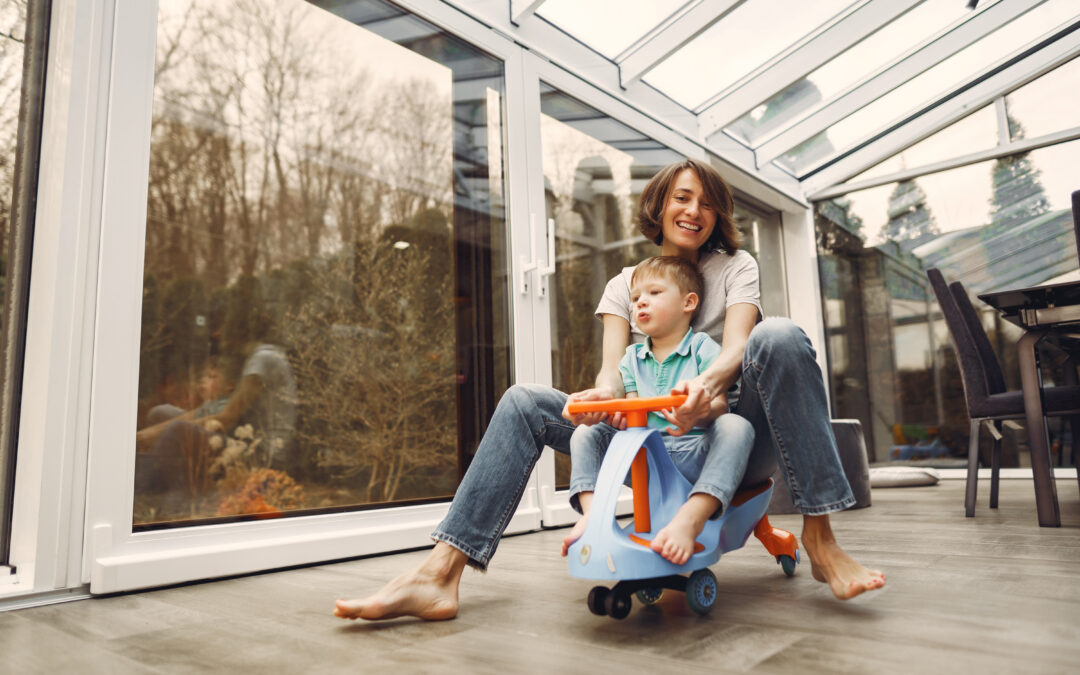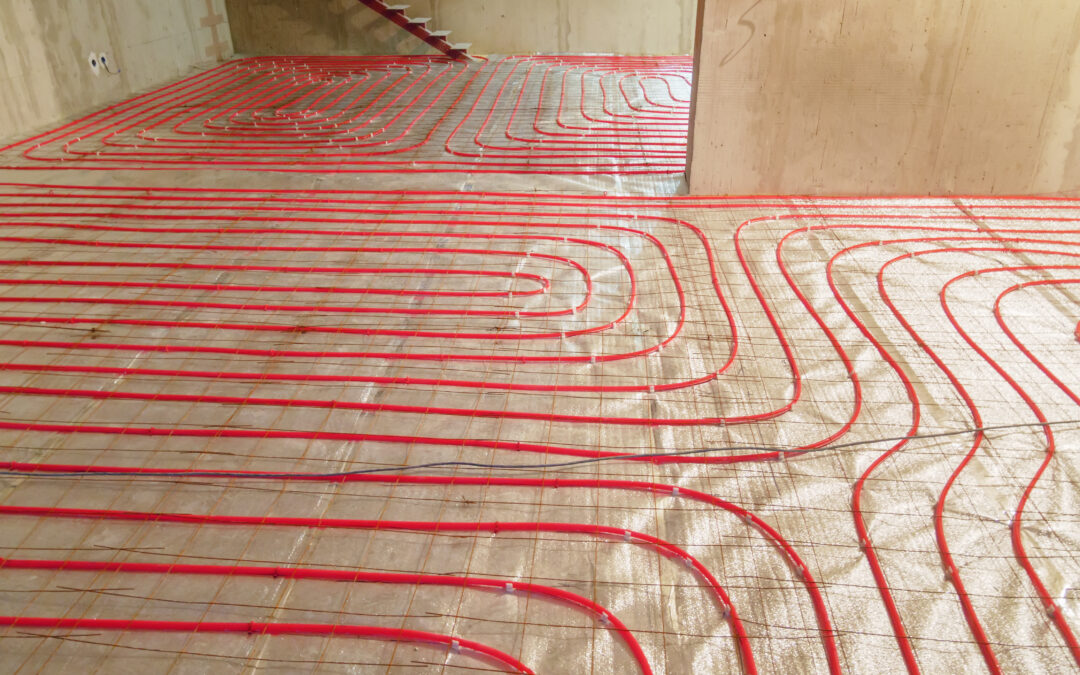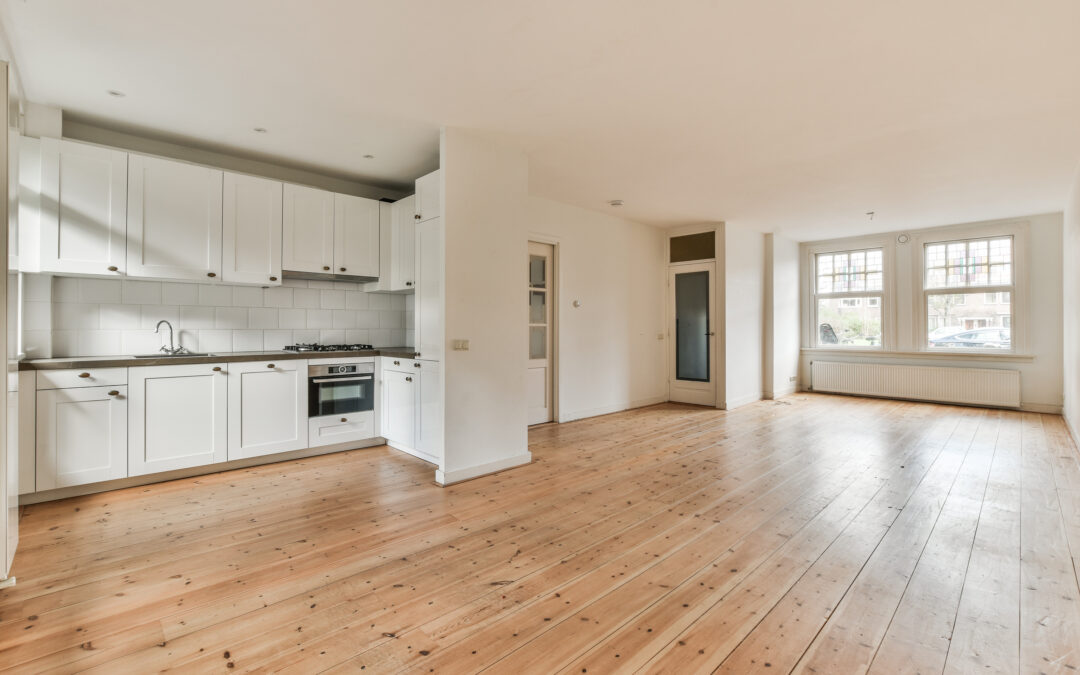Luxury Vinyl Tile (LVT) flooring has been gaining popularity for its durability, affordability, and versatility in design. As homeowners and designers explore the benefits of LVT, a common question arises: Is LVT flooring waterproof? In this detailed guide, we’ll delve into the world of LVT flooring, exploring its waterproof features, installation process, maintenance tips, and more to provide you with a comprehensive understanding of this flooring option.
Understanding LVT Flooring
Luxury Vinyl Tile, commonly referred to as LVT, is a type of resilient flooring that mimics the look of natural materials like wood or stone. It is composed of multiple layers, including a durable wear layer, a design layer for aesthetics, a core layer for stability, and often a backing layer for added support and insulation. LVT flooring comes in various styles, ranging from planks to tiles, offering versatility in design and application.
Exploring Waterproof Properties
One of the primary concerns for homeowners considering LVT flooring is its waterproof capabilities. Contrary to hardwood or laminate flooring, LVT flooring is highly water-resistant, thanks to its synthetic composition and advanced manufacturing techniques. The waterproof feature makes it an ideal choice for areas prone to moisture, such as kitchens, bathrooms, and basements.
Installation Process
Installing LVT flooring is a straightforward process, making it suitable for both DIY enthusiasts and professional installers. The flooring can be installed using various methods, including glue-down, click-lock, or loose lay. Prior to installation, it’s crucial to prepare the subfloor properly to ensure a smooth and long-lasting result. Following manufacturer guidelines and using quality adhesives or underlayment is essential for a successful installation.
Maintenance Tips for Longevity
Maintaining LVT flooring is relatively simple, requiring minimal effort compared to natural materials. Regular sweeping or vacuuming helps remove dirt and debris, while damp mopping with a mild cleaner keeps the surface clean and shiny. Avoid using harsh chemicals or abrasive tools that may damage the wear layer of the flooring. Additionally, placing felt pads under furniture legs and using mats at entryways can prevent scratches and prolong the lifespan of your LVT flooring.
User Concerns: Is LVT Flooring Waterproof?
Many users wonder, “Is LVT flooring waterproof?” The answer lies in the construction of LVT flooring, which consists of layers designed to resist moisture and water infiltration. While LVT flooring is not entirely impervious to water, it provides a high level of protection against spills, splashes, and moisture, making it suitable for areas prone to humidity and wet conditions.
FAQs
Is LVT flooring suitable for bathrooms?
LVT flooring is an excellent choice for bathrooms due to its waterproof properties and resistance to moisture. However, proper installation and maintenance are crucial to prevent water damage and ensure longevity.
Can LVT flooring be installed over existing tiles?
Yes, LVT flooring can be installed over existing tiles, provided that the surface is clean, smooth, and level. It’s essential to address any cracks or unevenness before installation to achieve optimal results.
How does LVT flooring compare to laminate flooring?
Unlike laminate flooring, which consists of wood particles and resin, LVT flooring is made of synthetic materials and is inherently water-resistant. Additionally, LVT offers greater durability and resilience, making it suitable for high-traffic areas and wet environments.
Is underlayment necessary for LVT flooring?
While underlayment is not always required for LVT flooring, it can provide additional cushioning, sound absorption, and moisture barrier properties, depending on the specific needs of the installation.
Can LVT flooring be installed in basements?
Yes, LVT flooring is an excellent choice for basement environments due to its waterproof properties and resistance to moisture. However, proper subfloor preparation and moisture mitigation measures may be necessary to ensure a successful installation.
How long does LVT flooring typically last?
With proper care and maintenance, LVT flooring can last upwards of 20 years or more, making it a durable and long-lasting flooring option for residential and commercial spaces.
Conclusion
In conclusion, LVT flooring offers a practical and stylish solution for homeowners seeking a waterproof flooring option. With its durable construction, easy installation process, and low maintenance requirements, LVT flooring has become a popular choice for kitchens, bathrooms, basements, and beyond. By understanding its waterproof properties and following proper installation and maintenance guidelines, you can enjoy the beauty and functionality of LVT flooring for years to come.
Looking for Expert Advice?
For expert guidance on choosing and installing LVT flooring, don’t hesitate to reach out to our team of flooring professionals. We’re here to help you make informed decisions and create the perfect flooring solution for your home or business



